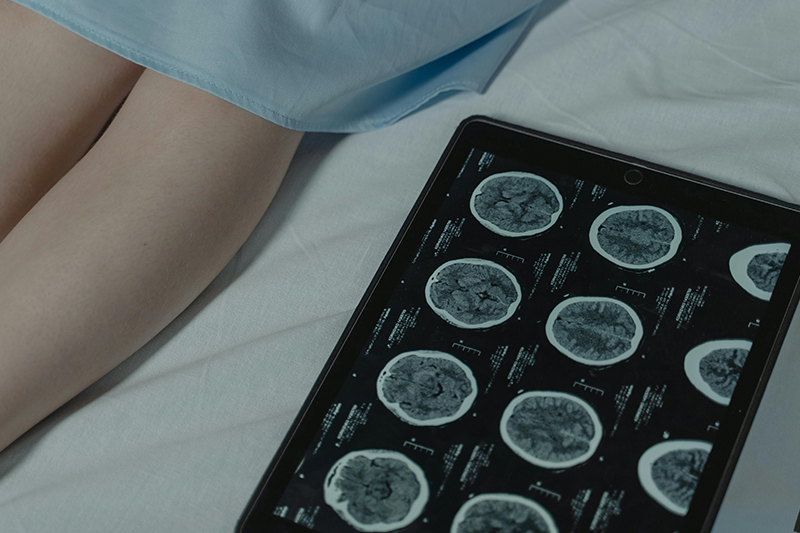The challenge
Alzheimer’s disease, which is the most common form of dementia, severely affects our quality of ageing. It also puts enormous social and economic burden on families and Australia’s healthcare system. In 2020, more than 28,000 people were diagnosed with younger onset dementia (people under the age of 65).
Our Solution
Our pharmaceutical experts at CPI have discovered a link between poor gut health and the development of brain disease.
Led by Dr Ibrahim Javed, our team is working on resolving the molecular pathways and linkages that open the gates of communication between gut bacteria and the brain.
"These gates of communication leave the brain vulnerable to gut bacteria," Dr Javed explains.
"Our researchers at CPI have discovered that molecules responsible for making biofilms for bacterial colonies in the gut can permeate from the gut and then access brain tissues.
"Once in the brain, they can trigger and accelerate the pathological cascade that leads to dementia.
"This process can be held responsible for early-onset dementia... and also provides a potential adjunct target for dementia therapeutics.
"Gut bacteria is recently emerging as a silent driver of different diseases and, thus, holds therapeutic answers to different diseases."

Caption: CPI researchers have discovered that molecules responsible for making biofilms for bacterial colonies in the gut can permeate from the gut and then access brain tissues.
This discovery by Dr Javed and his team at CPI will allow the center to design the next generation of pharmaceuticals and drug delivery strategies that will target the molecular pathways along the gut-brain axis.
This will mitigate the infectious involvement of gut bacteria in dementia and improve the quality of ageing.
The insights gained from this research will help guide the development of new drugs that treat or prevent brain disease.
Additionally, this work has the potential to influence the development of nutritional supplements that promote a healthier balance of gut bacteria.




